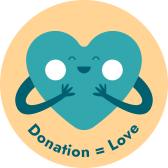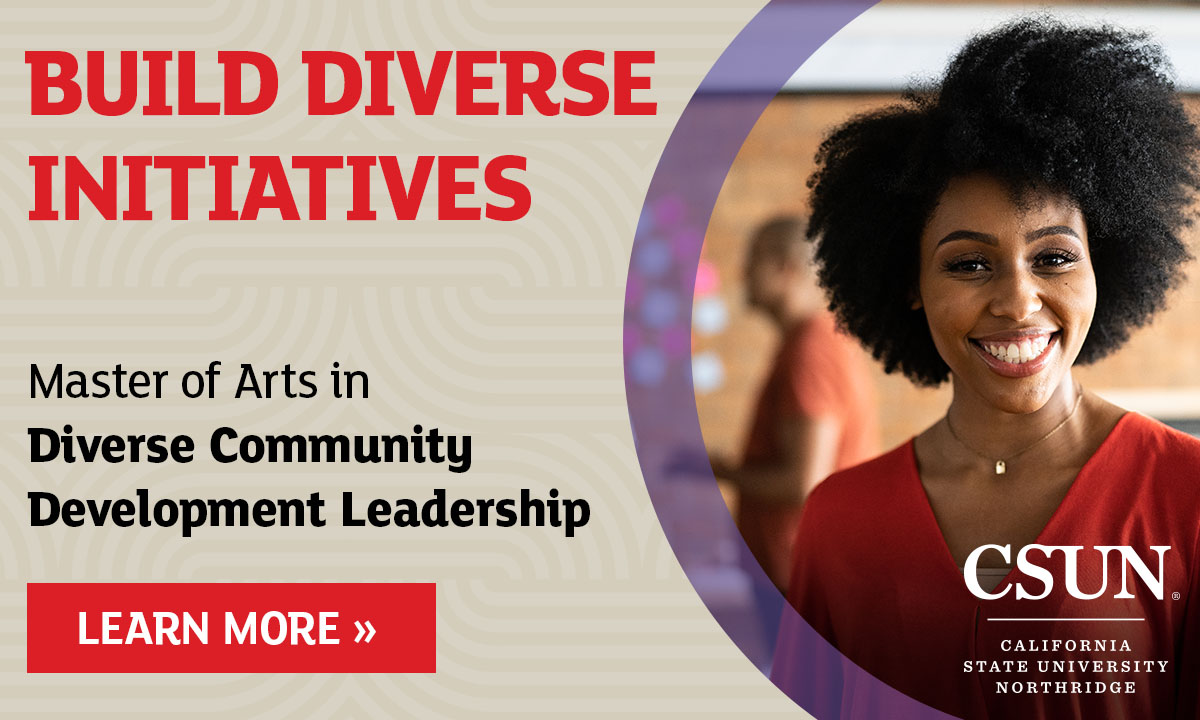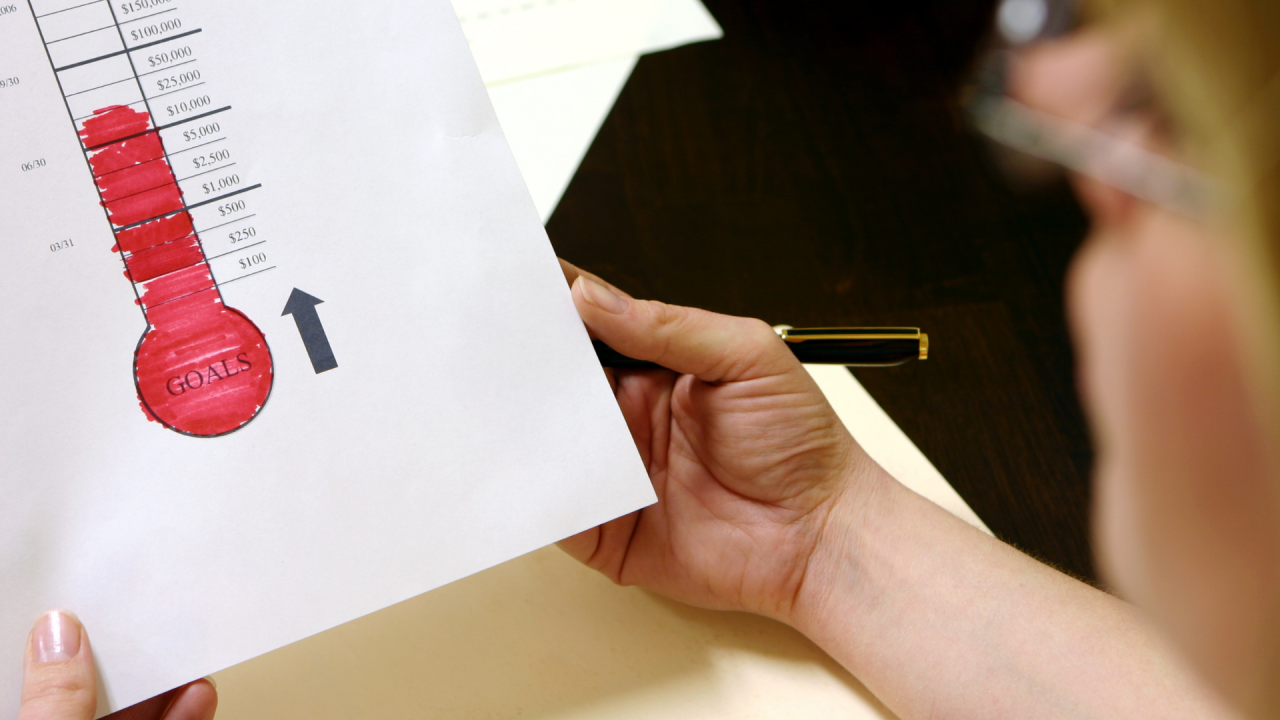The Science of Happiness

What does science tell us about happiness?
What does it mean to be happy? This question has occupied humanity at least since we stumbled out the caves, yet it remains difficult to define. The Greek philosophers pondered happiness 2500 years ago, and it was enshrined in the United States Declaration of Independence in 1776 (history of happiness). Today, entire isles of bookstores are dedicated to the topic. We know through experience that some people are innately happier than others, and that some things promote happiness. But now the nature of happiness isn’t just for the philosophers to debate, it is now a hot area of scientific research. The psychological study of happiness is known as “positive psychology.” The neurologist call their inquiries into pleasure and happiness “hedonics.”
Neuroscientists and psychologists focus on the brain states associated with happiness and then try to map those states with the subjective sense of well-being. While psychologists map its empirical features, neuroscientists look at what the brain does when you experience pleasure, which is one contributor to happiness and is central to our sense of well-being.
Here are a few things neurologists have learned over the last few decades:
- That the same brain systems are activated for processing fundamental pleasures (food and sex) as in higher-order pleasures (art, music, altruism).
- There is no “pleasure center” in the brain, but a widely distributed network of pleasure neurons and “hedonic hotspots” in several areas.
- The brain circuits associated with pleasure overlap with more another brain network that register meaningful social relationships.
- The brain’s prefrontal cortex can “synthesizes” happiness. This lets you be happy even in less-than ideal circumstances. One researcher named Dan Gilbert explains it this way: “This is the difference between dating and marriage. You go out on a date with a guy, and he picks his nose; you don’t go out on another date. You’re married to a guy and he picks his nose? He has a heart of gold. Don’t touch the fruitcake! You find a way to be happy with what’s happened.
Biologically, happiness is complex. But psychologists have made some surprising discoveries, including:
- Happiness is infectious (http://www.medicalnewstoday.com/articles/131880.php). People who are surrounded by happy people themselves become happier. A major 20 year study found that happiness does spread, and they were not just seeing that people tend to link up to similarly happy people. This means spending time with happy people will boost your happiness, just as exercise boosts your fitness or going to school boosts your education.
- About 40% of your happiness comes from your actions, as opposed to your genes (50%) or circumstances (10%). This means that we have enormous control over our own happiness.
- Cultivating commitment and active participation (to a person, job, or a path through life) leads to happiness, whereas having too many choices that discourage commitment leads to dissatisfaction.

Both experience and scientific studies have found one thing that boosts happiness more than any other single factor: altruism. This includes kindness, generosity, compassion, volunteering, and donating money. Even spontaneous “random acts of kindness” can make you happier. Altruism builds the social connections that give our lives meaning, makes us feel grateful for our good fortune, and raises self-esteem.
Given what scientists have learned about happiness, it’s no surprise that helping others through volunteer work or charitable donation has long been known to boost feelings of well-being and fulfillment. In short, if you want to foster happiness, explore and develop your innate capacity for altruism.
If you want to learn more about positive psychology, the science-based approach to a happy and meaningful life, consider signing up for this free eight-week Science of Happiness course available online at EdX. This post was written by Beth Martin.




















